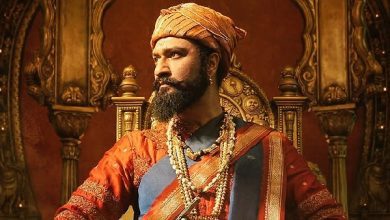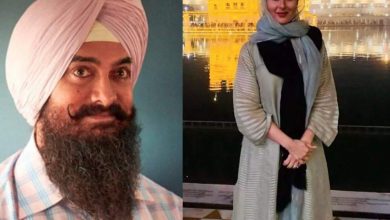Why is education important? Stages & types of education
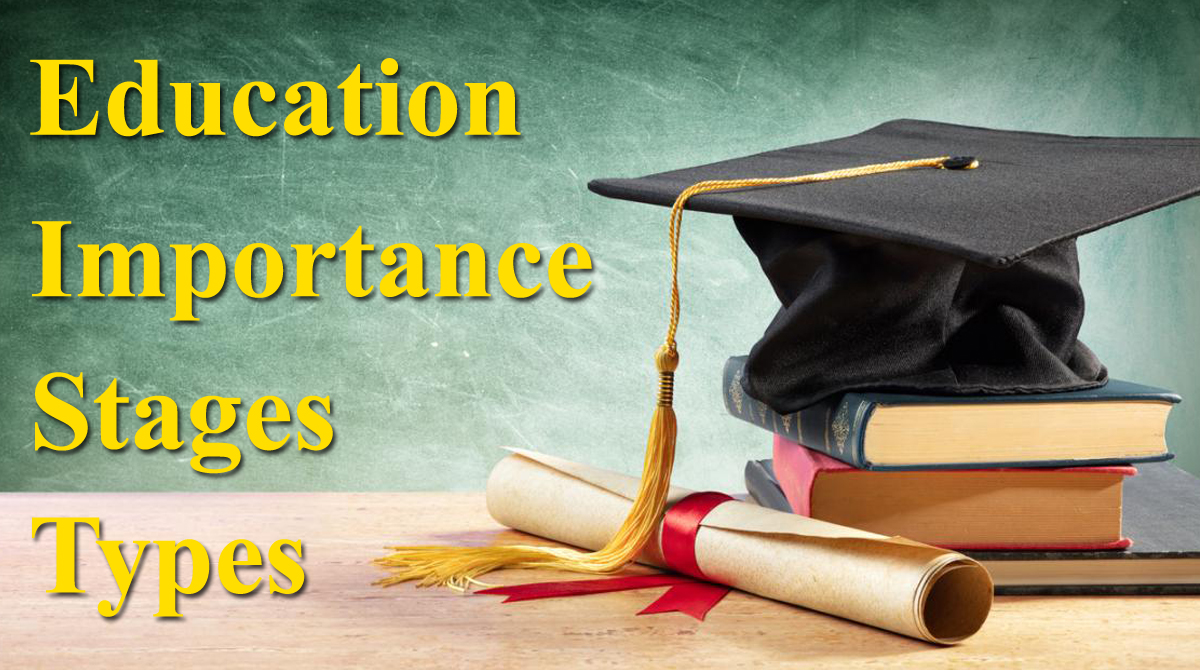
This technological era has changed the course of evolution for mankind. Now that we are evolving on intellectual basis, education plays an important role for us to reconcile philosophical and scientific understandings of the world around us. The education not only helps us to do critical thinking, research, reading and writing but also lets us explore the mysteries of the vast universe or takes us deep into the depth of the vast ocean.
The importance of education can be understood by understanding the etymology of the word itself. As the root word `educare’ means ‘to bring up’, ‘to nourish’, and to ‘raise’; thus, the function of ‘education’ is to bring up or to develop children. The training and teachings that are given in educational institutions shape up the personality of the children. Besides catering knowledge and information, education also inculcates and promotes: moral values, good habits, social responsibilities and develops physical and spiritual faculties of the child.
As per famous Indian philosopher, Swami Vivekananda, “Education is the manifestation of divine perfection which already exists in man”. A man could only be aware of this divine perfection already residing in himself, if he educates himself: physically, intellectually, emotionally and spiritually. Education not only develops one’s personality but also changes one’s attitude towards others and society. Education is the key to progress and could change the world.
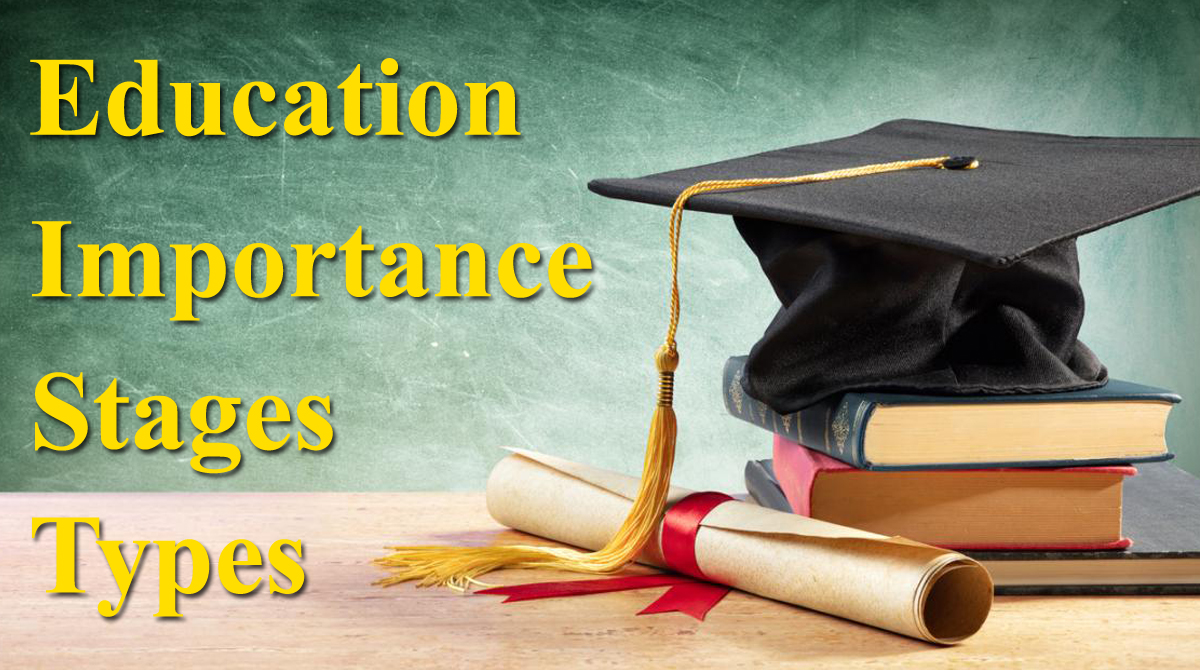
The ‘importance of education’ was very well described by Education Commission of India (1964-66), “Education is the one and the only instrument that can be used to bring about a change towards the social and economic betterment of India”.
Education can be defined as a powerful instrument to bring a positive change in social, economic, cultural, scientific or technological forces. Education has the power to help us achieve noble national goals by inculcating ‘Social Responsibilities’ and ‘National Integration Values’ in our young generation.
How our Educational institutions work as a centre of learning
Our process of learning starts right after we take birth. Our body adjusts to the new environment, learns to adapt to changes, starts observing and getting the grasp of the situation. Gradually we start to learn language our parents talk into or our behavioral education starts right in the comforts of our homes; this is why it is said education starts from the home.
But our formal education starts when we first get ourselves enrolled in school where we are taught about other complex mechanism: like life, science, mathematics, economics and what not. This part of our education or say our primary education, prepares us for the complex learning that we undergo during our secondary education.
After finishing primary level of education we progress towards Secondary education; which is described as a transition from primary education for minors to tertiary, ‘post-secondary’, or higher studies for adults. Here, we are given a liberty of choosing a set of subjects to study, which we are interested in. We can opt out if we want to pursue with science or could take art or home science. This freedom of choosing our stream could be seen as a major step in our future.
Our High School also called as Higher Secondary (HS), plays a crucial role in our education system, as students as expected to get pretty serious about their studies after this class. After High School, students enter Senior Secondary, or simply the “+2” stage of education system. Here they are shaped up for their future and if they want to take engineering as a career they can sit in competitive exams like JEE, if they want to become doctors they can crack medical exams and so on. For many professions graduate degree isn’t a necessity. But just like primary, and secondary level of education, graduation is also very important.
In graduation we are majorly given a choice to select only three subjects (exception BA hons. where one can only take one subject) mostly based on our studied subjects in senior secondary stage (unlike, LLB where you can also take admission after 12th). So, yes graduation narrows down the numbers of subjects but increases the vastness and understanding of the particular field. Hence, after graduation people are looked up as one who have a deep and vast knowledge of their subject.
As learning knows no age, education knows no stages. One can go on and on with their studies. After getting a graduate degree one now wants to be the master of the respective field and enrolled oneself for Master’s degree. Here, we are only taught one subject, with reference to other prominent researchers and scholars work. The master’s degree itself denotes that the holder has a wide knowledge of the respective subject or field. But for more precise knowledge and solid understanding, people pursue their doctorate. Yes, scholars often do their Phd or Doctor of Philosophy, where they study a specific paper and do research work, drafts their assessment and publish their work.
Interestingly, to get this form of education one needs not to attend traditional class room system. Now with advancement in technology peers can also attend classes from their homes, offices, or coffee shops. These online classes help students to study according to their comfort and schedule. Distance learning also let you pursue your work, career or other important works, not requiring you to attend regular classes. In this education system one is free to manage both his life and studies accordingly.
All these stages of education, educate us academically, meanwhile, inculcating values and morality through micro channels of education system: like through some stories, studies, paper work and other means of education. This formal education system or say traditional class room system of education has been giving out many thinkers, scholars, literates, professionals and many but to learn the unique yet strange lessons of life one has to take a non-traditional or non-formal school of education.
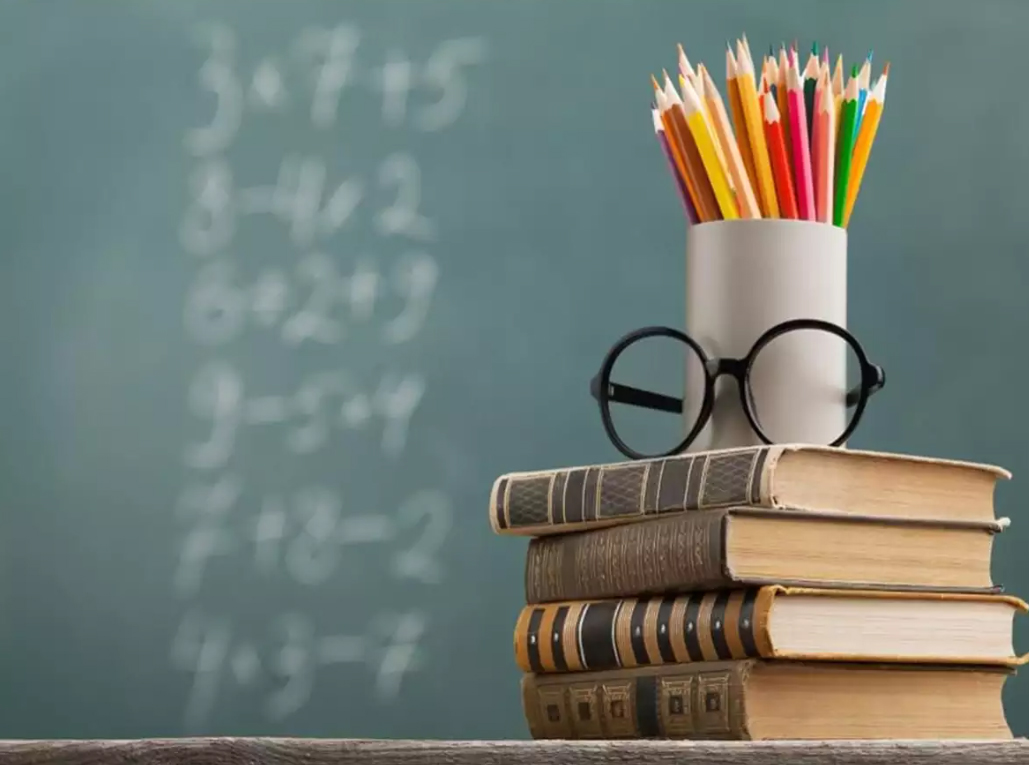
Educating yourself is one thing but to test your knowledge we have ‘Department Of Education’ or ‘Education Ministry’ that conducts board exams. To clear your current session it is foremost important to take exams and also get passing marks in it, so that you can be given next class. To test the understanding of our subject, our schools, colleges, universities and of course, Department Of Education conducts exams, where our secured grades determine whether we will be granted new class or will be held back into the previous one.
Types of Education
How informal or non-formal education bridges the gap between traditional school education and real life learning
Since our birth to graveyard, we keep on learning and educating ourselves from the new experiences and challenges. Our education could be formal, non-formal and informal; similarly, the agencies of education are formal, non-formal and informal. The motive of the education, however, remains concerned with the cultural, ethical, aesthetic, intellectual, religious, spiritual, social, physical, and vocational development of an individual. Where the formal education is a classroom-based learning which involves trained teachers, informal education happens outside the classroom.
The informal education works to bridge the gap between traditional education and life in real world. Similarly, non-formal education also refers to education that occurs outside the formal school system. It is often used interchangeably with terms such as community education and adult education. It occurs outside of a structured curriculum and interacts within community-based organizations, after-school programs, museums, libraries, at home or in various forms of alternative education. Due to such type of education, the purpose of education has now moved away from helping people earn bread and butter but to make them part of a larger global family.
As we have learned about traditional and non-traditional school of education, it is important for us to understand the value of some other type of education that is as crucial as other subjects.
Sex Education: When our youths are getting all the wisdom of the world, it is so important for them to first understand their own self. Our bodies starts to grow at a certain age bringing out some biological changes, without the help of the sex education it would be a lot more difficult for the adolescent to understand their bodies. Sex education has many positive effects on youngsters, it not only increases their knowledge about their biology but also improves their attitude towards sex and reproductive health and behaviors. Sexuality education also minimizes the risk-of unsafe intercourse or contraction of STI/HIV infections. Sex education may take place in traditional school setup within structured curriculum, in community settings, or online.
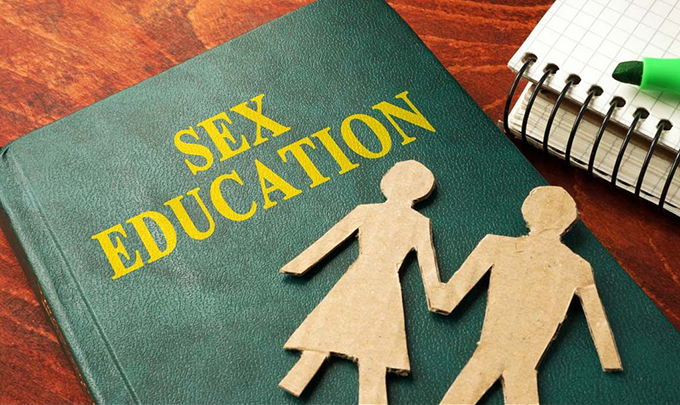
Physical Education: Physical education in primary schools is essential for the development of motor skills and the enhancement of reflexes in the growing children. With good body movements, physical strength is improved, the hand-eye coordination is enhanced, and the development of a healthy body posture is attained. The physical exercises conducted in the schools under physical education or physical training teaches students the importance of physical health.
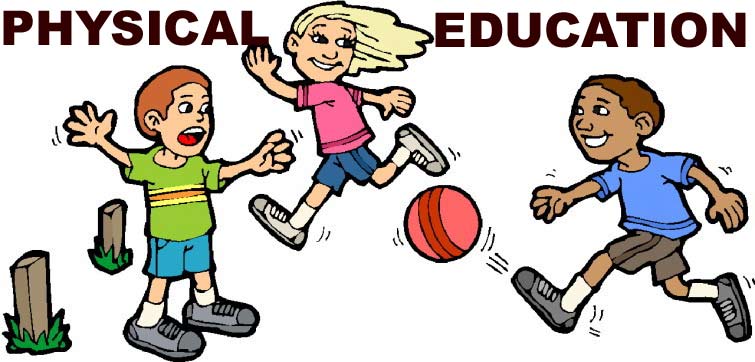
Special Education: If we want to make this world a better place and want a healthy environment for the growth of all beings we need to treat everyone equally and give them a fair share of their life. Life may not be just or equal for many, but us as human beings can generate equal opportunity for every child even for those who have “Special Needs”. Just like other normal children, special children, too have equal right to receive proper education so that they can grow and enjoy life to its fullest. Disabilities may be mental, physical, emotional or developmental it needs special attention and children with these differential abilities needs special attention under our modern education system.
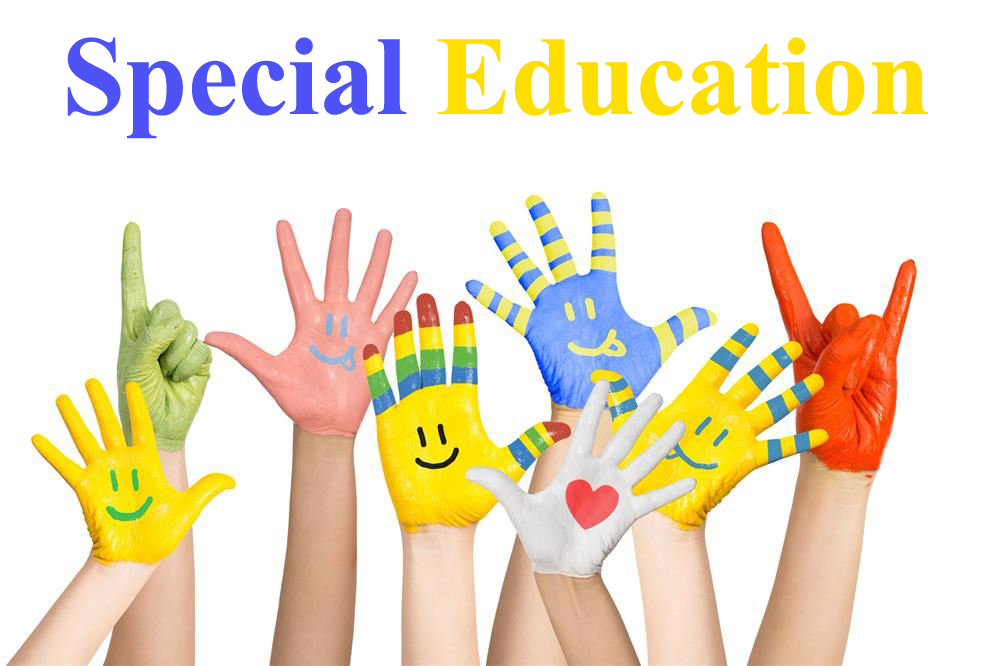
In the words of our father of the Nation, Mahatma Gandhi, the true meaning of education, “By education, I mean an all-round drawing of the best in child and man in body, mind and spirit.” That is education is something that brings out the best in us, not only mentally but also spiritually it uplift us.

